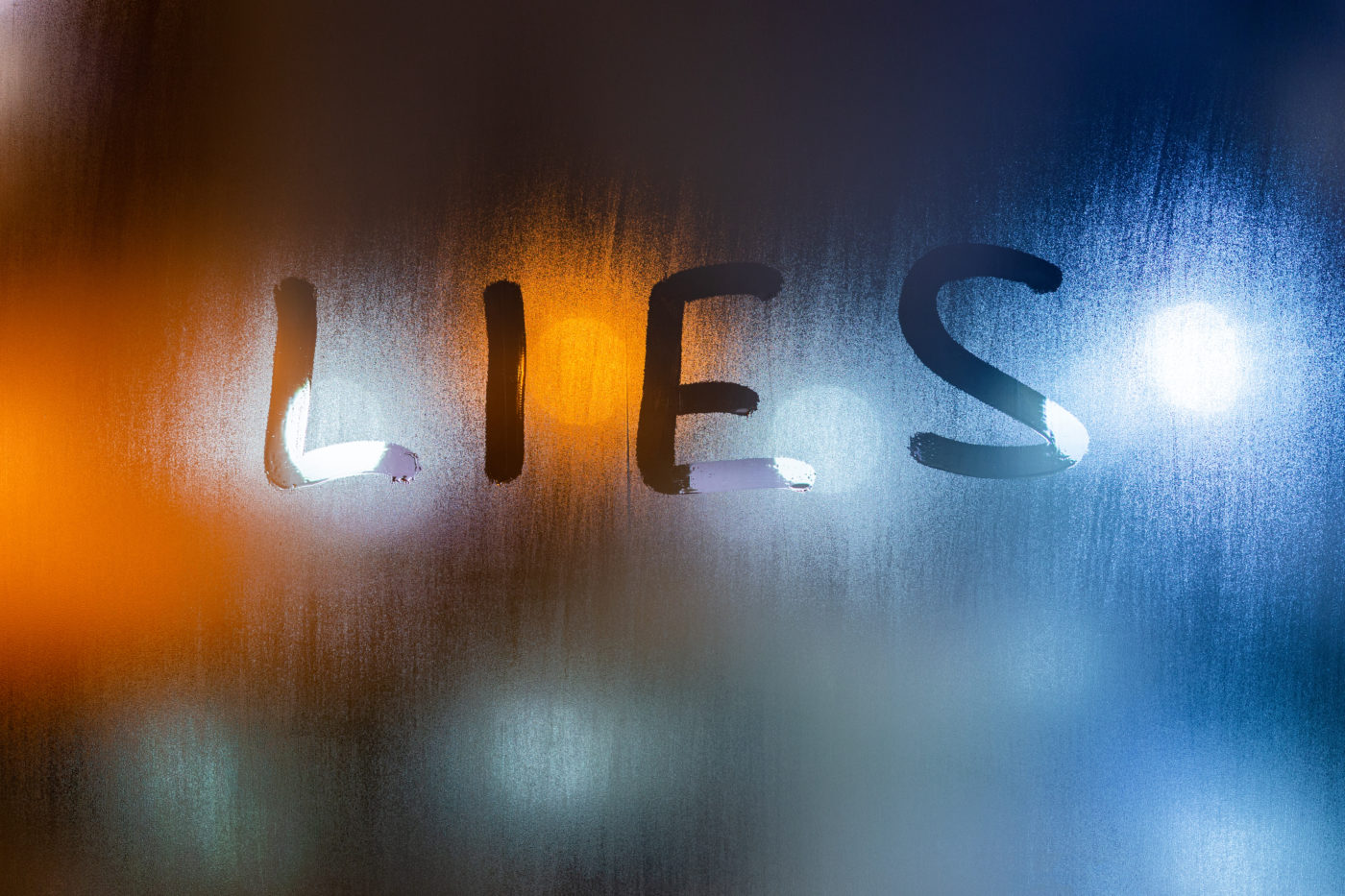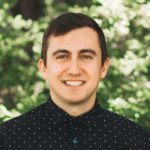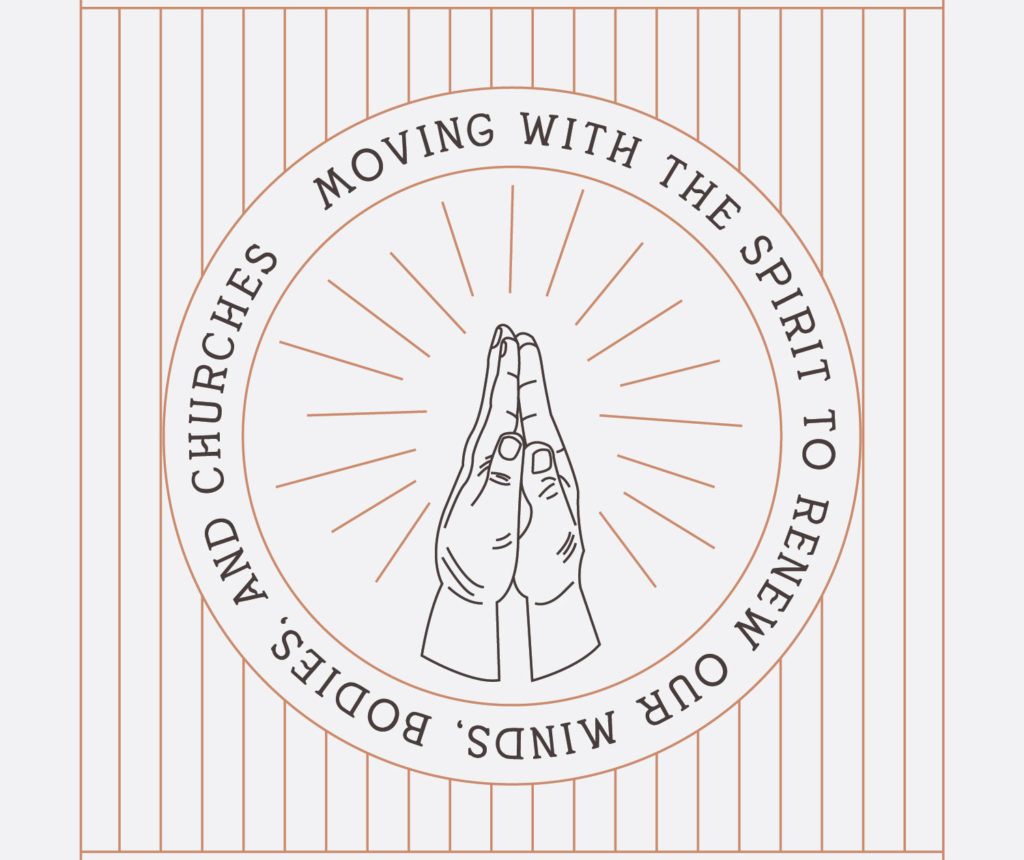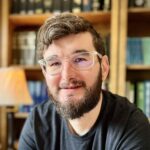
Top 10 Quotes from Live No Lies by John Mark Comer
John Mark Comer wrote the book Live No Lies to give us tools to overcome the three enemies of our souls: the world, the flesh, and the devil. Joshua Branham gives his top 10 quotes from this important book.
I just finished reading John Mark Comer’s new book, Live No Lies: Recognize and Resist the Three Enemies That Sabotage Your Peace. It’s really good.
Some might call it a book on spiritual warfare, but I think that description is a little misleading. When we think about “spiritual warfare,” usually images of demon possession or witchcraft come to mind.
This book is more of a manifesto about spiritual formation. Specifically, why do we find it so hard to become people who look like Jesus?
The World, the Flesh, and the Devil
The book is divided into three sections, each covering three main enemies of the soul: the world, the flesh, and the devil. John Mark not only develops the tension we experience facing these enemies but gives practical guidance on how to overcome them.
We fight the lies of the devil with truth from Scripture. We fight the disordered desires of our flesh through spiritual practices that open us up to the work of the Holy Spirit. Finally, we fight the peer pressure of a sinful world through participating in God’s counter-cultural community called the church.
I found Live No Lies incredibly insightful at addressing the resistance we all face trying to follow Jesus in our cultural moment. If you are intrigued by the premise, I highly recommend you buy the book and read it.
I whittled down my highlights to the top best 10 quotes. Here’s my list with a few thoughts on each one. (I hope my church gets used to me quoting from Live No Lies in sermons)
1. “Amid the revolution, the questions nobody seems to even be asking are, Is this making us better people? More loving people? Or even happier people? Are we thriving in a way we weren’t prior to our ‘liberation’?” (p. 28)
While Comer is referring to is the sexual liberation revolution of the 1960’s, his point spans beyond this example. I’ve always found it helpful to ask the question, “Does it work?” Our beliefs should not only make sense on paper; they must be tested in real life.
2. “If you live into this lie long enough, tragically, what was false starts to become true.” (p. 35)
This quote hit hard. God has given humans the creative potential to imagine a possible reality and bring it into existence. The negative side of this power is that we can bring lies into existence as well.
3. “Ideas have power only when we believe them. We hear all sorts of ideas every day, some brilliant, others ridiculous; but they have zero effect on us unless we begin to trust them as an accurate map to reality.” (p. 46)
We need better training in how to identify and resist lies in everyday life. Sadly, many followers of Jesus in America are the primary targets for people spreading disinformation. We fall for lies more easily when we aren’t spending enough time encountering the truth of God’s Word.
4. “Self is the new God, the new spiritual authority, the new morality. But this puts a crushing weight on the self—one it was never designed to bear. It must discover itself. Become itself. Stay true to itself. Justify itself. Make itself happy. Perform and defend its fragile identity.” (p. 118)
I’m convinced that contextualizing the gospel for a modern audience needs to include pointing out that self-actualization is a “crushing weight” that none of us can bear.
5. “My point is simply this: our deepest desires—usually to become people of goodness and love—are often sabotaged by the stronger surface-level desires of our flesh.” (p. 122)
This insight about “deepest vs. strongest” desires is similar to the “important vs. urgent” idea. We need to stop choosing something now at the cost of something better later.
6. “We make our decisions, and then our decisions make us.” (p. 157)
People need to know that our actions are not neutral. Whenever we do, say, or even think something, it is easier to do, say, or think that same thing again. Eventually, we become people shaped by every decision we have made.
7. “Willpower is at its best when it does what it can (direct my body into spiritual practices) so the Spirit’s power can do what willpower can’t (overcome the three enemies of the soul).” (p. 175)
Too often, we focus on fighting against sin ourselves. Be honest, how is that working out? The better approach is to focus on spiritual practices (i.e., abiding in the vine, walking by the Spirit, etc.) and unleash the power of God to transform us.
8. “Working theory of the law of returns applied to spiritual formation: sow a thought, reap an action; sow action, reap another action; sow some actions, reap a habit; sow a habit, reap a character; sow a character, reap a destiny, either in slavery to the flesh or freedom in the Spirit.” (p. 189)
The law of returns is an excellent lesson in the way God designed the world to work. It explains why going to a one-hour church service once can’t outmatch the formation we submit ourselves to the rest of the week. Following Jesus needs to be an ongoing process of sowing seeds for righteousness and reaping the harvest in due season.
9. “Whether you define church as a Sunday gathering around a stage, a much smaller community around a table, or, as I would recommend, a mixture of both, we can’t follow Jesus alone.” (p. 229)
COVID has wrought so much havoc on our world and in our lives. We are all still recovering from the weeks (or months) of isolation back in 2020. Knowing that the devil uses isolation for deformation should wake us up to the importance of participation in the church community.
10. “Nobody knows where the West will go in the years to come. The smartest people can only guess. But this could be our finest hour. We could be days away from a sweeping renewal across the Western church. It’s happened before, at the moment it was least likely. It could happen again.” (p. 240)
It is so empowering to read John Mark’s hopeful outlook on the future. There are far too many alarmists who speak only of the problems we face but don’t offer any solutions. I also believe this could be our finest hour. The darker the world gets, the brighter the light shines.
(For more from Joshua, check out joshuabranham.com.)









